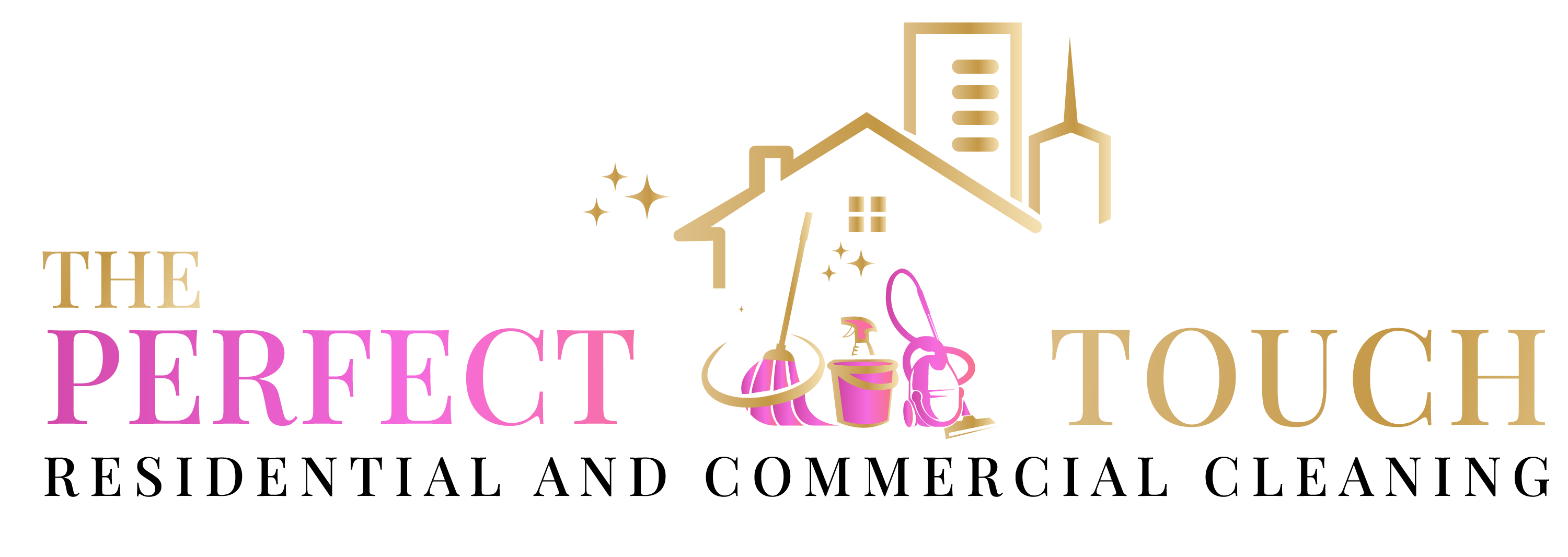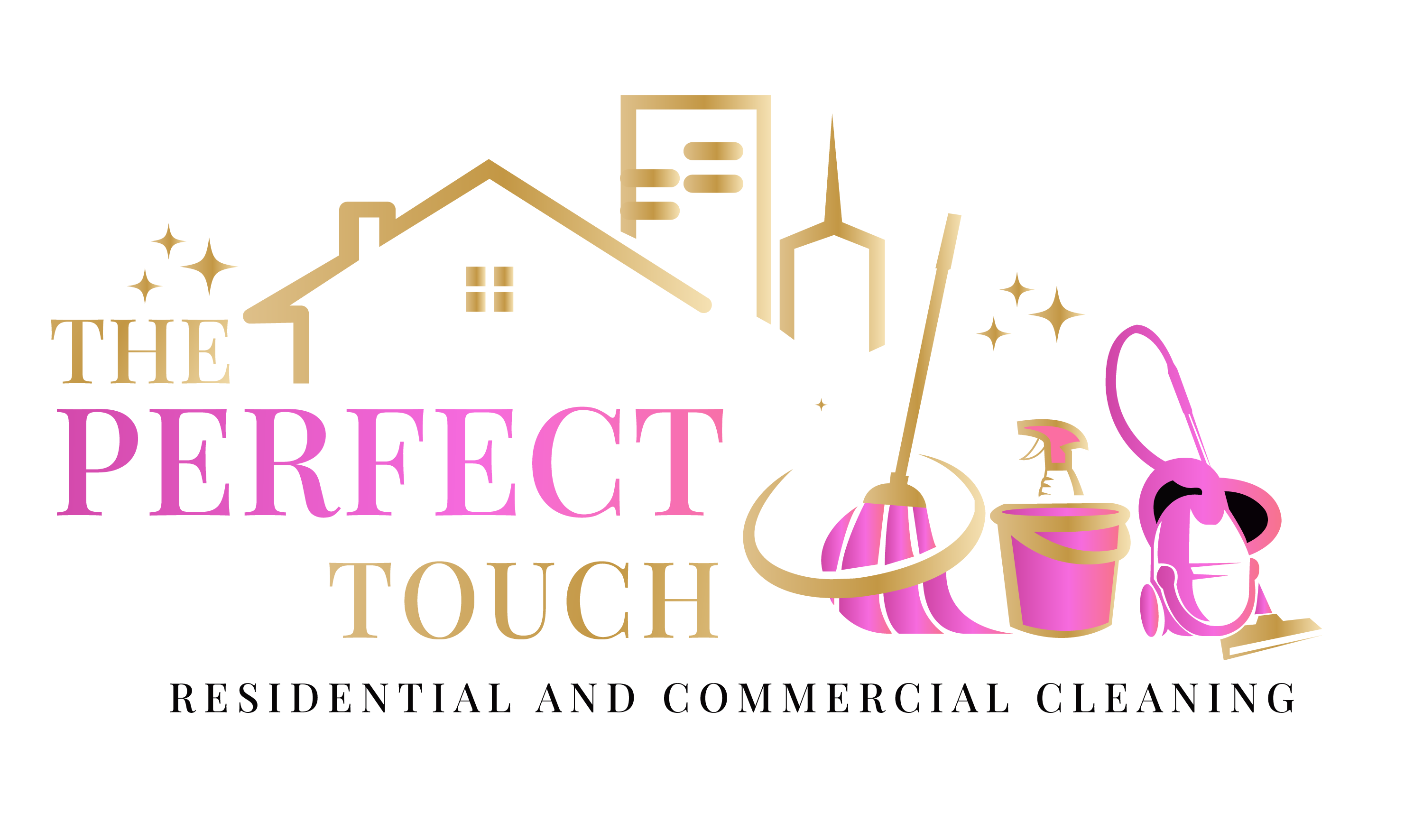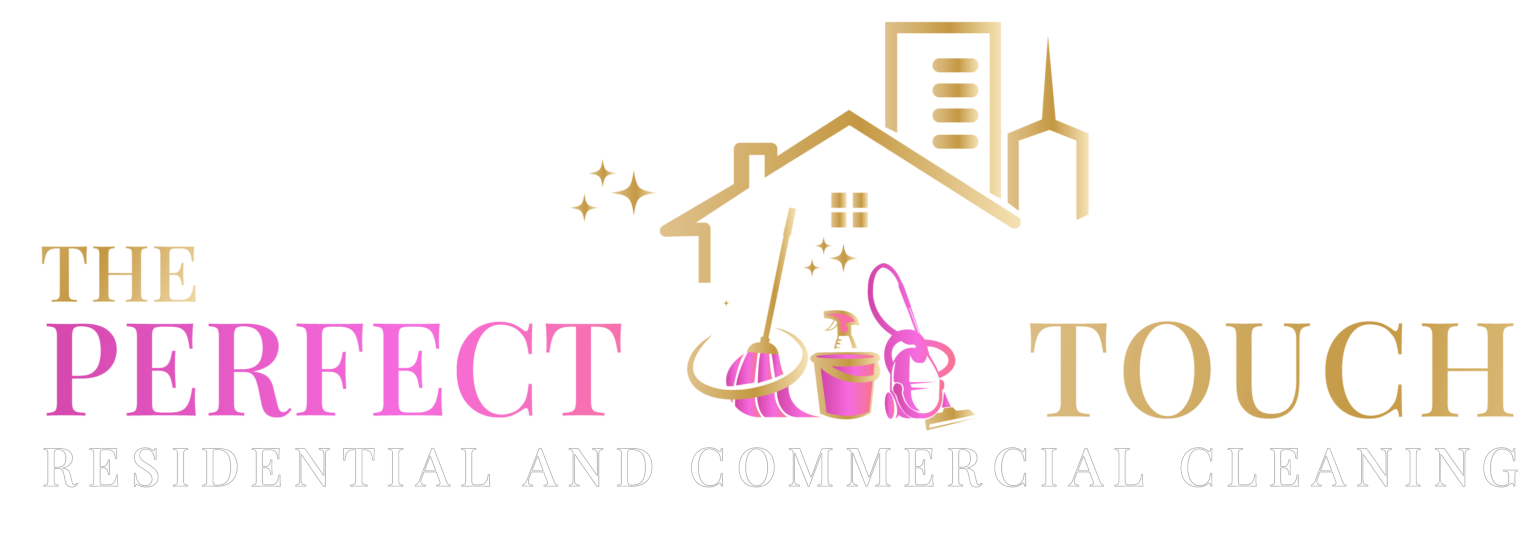
Because of its theoretical inclusiveness, process-based theories can then be brought to bear to examine how hypotheses related to risk can be translated into process-oriented mediation models. alcoholic rage syndrome There is little debate that alcohol is a contributing cause of aggressive behavior. The extreme complexity of this relation, however, has been the focus of extensive theory and research.
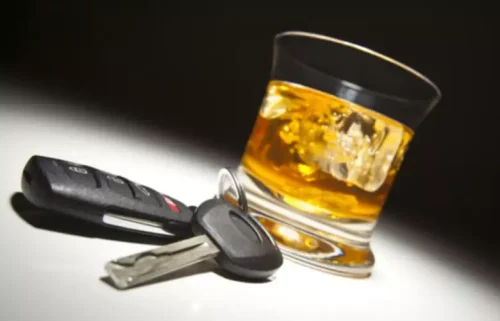
Outpatient treatment
I3 Theory (“I-Cubed”) is a multifactorial meta-theory that predicts myriad behaviors, including aggression ••7, 8. Rather, I3 Theory suggests that we can predict whether a given social interaction will result in aggression if we can discern the strength of Instigation, degree of Impellance, and presence of Inhibitory factors. Once these factors are organized into the I3 framework, their effects on aggression as well as their interactions with other relevant risk factors can be examined. Factors like underlying personality traits, neurochemical makeup, and even the presence of disorders like antisocial personality disorder (ASPD) can influence alcohol-related aggression. Individuals who grew up in households where alcohol-fueled aggression was common may have internalized these patterns, unknowingly recreating them in their adult lives. It’s a sobering reminder of how our past can shape our present, even when we’re not fully aware of it.
3 Treatment Outcome Effects
- For subsequent assessments, the interview spanned the time starting with the end of the previous interview and ending with the day before the current interview.
- Therapists can use Cognitive Behavioral Therapy (CBT) to address anger issues.
- Healthy ways of managing triggers allows individuals to thrive without turning to damaging coping mechanisms that can harm them or others.
The interconnection between chronic anger and substance dependency can result in what is alcoholism a vicious cycle where attempts to manage anger through alcohol consumption only serve to exacerbate the underlying issues. The relationship between alcohol and anger is complex, with alcohol often exacerbating pre-existing anger issues and leading to alcohol-induced aggression. Alcohol and anger are two powerful forces that can have a significant impact on our emotions and behaviours.
- There’s nothing rude about taking care of yourself and avoiding triggers that could lead to a relapse.
- The opposite of numbing yourself is reconstructing your life in some way to eliminate those triggers.
- Individuals who have been exposed to domestic violence, whether as victims or witnesses, may be more susceptible to exhibiting aggressive behaviors when drinking.
- You can purchase the download in our online store to help you change how you think.
- Understanding this dynamic highlights the importance of mindfulness and caution regarding alcohol consumption, particularly for individuals prone to anger-related challenges.
- Alcoholics Anonymous is a great way to meet people who deal with similar problems as yourself.
Anger Management Strategies
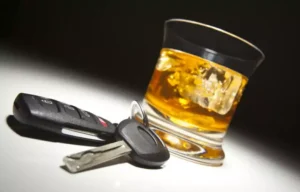
During rehab, you’ll also have access to relapse prevention worksheets, which may offer insights. Overall, the goal of rehab is to identify patterns in past relapses or close calls and help you navigate them, so you can leave feeling confident and ready to overcome the inevitable challenges that will occur. Physical relapse (actually using) is usually the last step in this chain of events. This is why it’s so important to recognize your triggers and emotional shifts early. When you know what to look for, you have the power to step back and change direction before things go too far.
The alcohol helps to numb the pain and makes them forget their lack of mobility or inability to lead a normal life. This is why our Drink Less Alcohol Programs look at the bigger picture rather than just concentrating on the drinking habit alone. You need to address all the issues that are at play, not just the one that seems the most obvious. The reality is that alcohol doesn’t make you more confident but it does lower your inhibitions. Many of our clients will be using alcohol to avoid embarrassing themselves or stop worries about being judged. What they don’t realise is that being drunk only draws attention to them rather than making them blend in.

Alcohol is known for its ability to amplify emotional expression and inhibition. While it may seem like anger is the most common emotion caused by alcohol, it may not be that straightforward. Another study of 249 heavy drinkers similarly found that alcohol intoxication predicted higher levels of IPV in those who reported low psychological flexibility (Grom et al., 2021). For more immediate and targeted support, residential care (inpatient rehab) may offer the comfort and support you need to kick-start or return to recovery. Thoughts shape our beliefs, influence our feelings, and guide our actions. These can come in many forms, usually presenting as words you tell yourself, images that pop up in your mind, attitudes about yourself or others, beliefs, opinions, and memories.
- If you or someone you care about is struggling with alcohol-related rage there are some steps you can take to prevent future incidents.
- Second, although therapists completed intensive training and training cases, measures of therapist adherence or competence were not obtained.
- At United Recovery Project, our holistic approach to addiction treatment centers around addressing and healing the underlying issues at the root of addiction.
We know for example many of our clients use alcohol as a https://ecosoberhouse.com/ way of dampening their anxiety levels (or so they think). They then find the day after drinking they suffer from “anxiety” and feel even worse. Resolve the underlying emotion and you can help reduce the drinking triggers. According to a review from 2017, alcohol is more likely to cause personality shifts related to negative emotions, but that doesn’t mean anger is the most common emotional experience while drinking.
